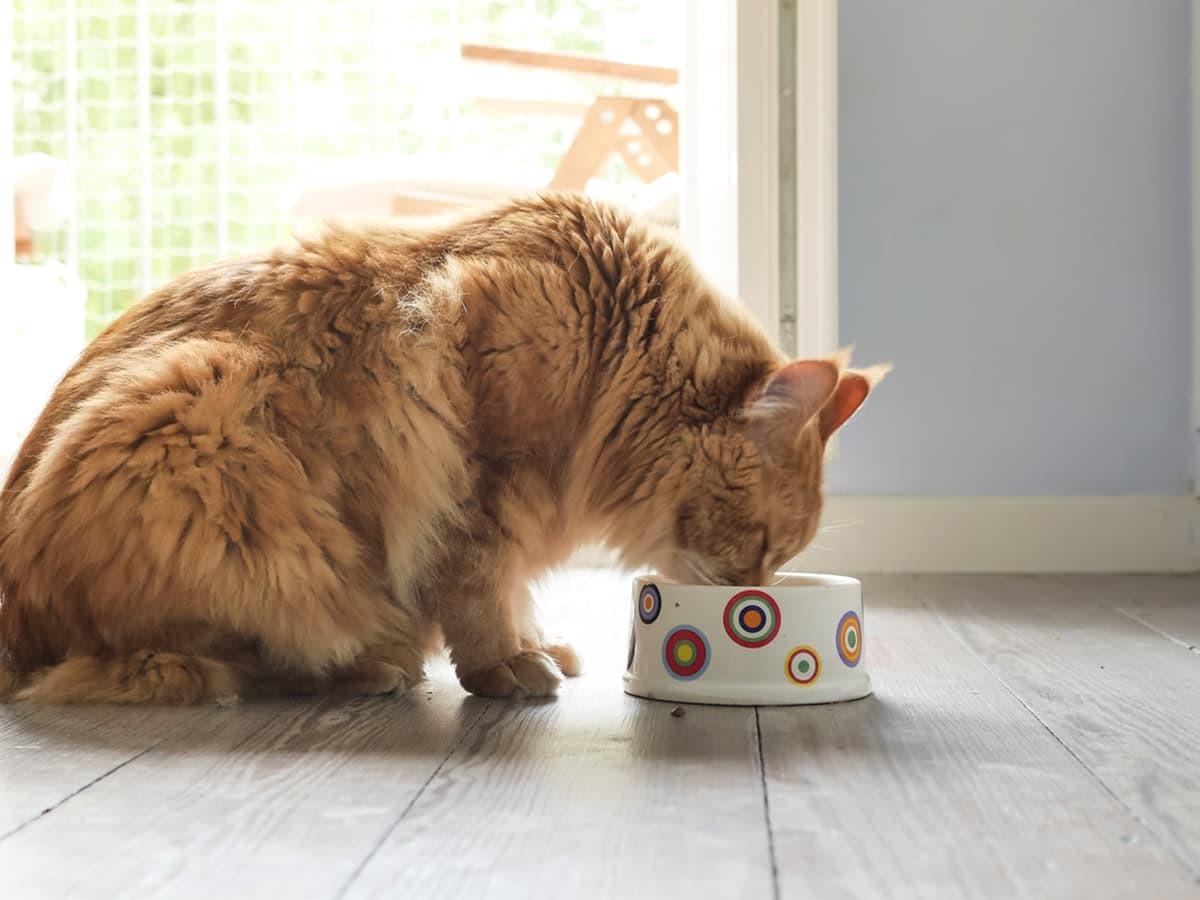Pork is a common ingredient in human meals, but can cats eat pork too? As a responsible cat owner, you're naturally curious about which human foods are safe for your feline friend. Let's explore whether pork is a suitable addition to your cat's diet, discuss potential benefits and risks, and offer tips on safe preparation.
Is Pork Safe for Cats?
The answer is yes, cats can have pork, but with certain precautions. Plain, cooked pork can be offered as an occasional treat,1 but it's important to understand both the potential benefits and risks involved.
Potential Benefits of Pork for Cats
Pork can offer some nutritional advantages for your feline companion:1
Protein: Pork is a rich source of protein, an essential nutrient for cats as obligate carnivores. Protein supports muscle growth, tissue repair, and overall health.
Taurine: Pork naturally contains taurine, an amino acid vital for cats' heart health, vision, and immune function.
Vitamins and Minerals: Pork provides B vitamins, zinc, and phosphorus, contributing to your cat's well-being.
Risks of Feeding Pork to Cats
While pork offers benefits, it's important to be aware of potential risks:2
High-Fat Content: Pork, particularly fatty cuts, is high in fat and calories. Excessive consumption can lead to obesity, pancreatitis, and other health problems in cats.
Sodium Content: Pork is often high in sodium, which can be detrimental to cats in large amounts, potentially leading to dehydration and other health issues.
Parasites and Bacteria: Raw pork can contain parasites and bacteria that can cause severe illness in cats.
Can Cats Eat Cooked Pork?
Yes, cats can safely consume cooked pork as long as it's plain, lean, and thoroughly cooked.2 Ensure it's free from seasonings, spices, or sauces, which can be harmful to cats.
Why is There No Pork in Cat Food?
While cats can eat cooked pork, it's not commonly found in commercial cat food. This is primarily due to its high fat and sodium content, which can contribute to health problems if consumed regularly. Additionally, other meats like chicken or fish may be more cost-effective and readily available for cat food production.
What Meat Should Cats Not Eat?
Cats should avoid raw meat, including pork, due to the risk of parasites and bacteria. Additionally, processed meats like ham, bologna, and salami are high in sodium and often contain preservatives that are harmful to cats.
Why Can't Cats Eat Pig?
Raw pork can be dangerous for cats because it can harbor harmful parasites like roundworms and tapeworms. Highly processed pork products like bacon and pork rinds are also unhealthy due to their high sodium and saturated fat content.2
How Should I Prepare Pork for My Cat?
To safely feed pork to your cat, follow these guidelines:
Cook Thoroughly: Ensure the pork is thoroughly cooked to help eliminate potential parasites or bacteria.
Plain and Unseasoned: Avoid any seasonings, spices, or sauces.
Remove Fat and Bones: Trim away excess fat and remove all bones to prevent choking or internal injuries.
Cut into Small Pieces: Cut the cooked pork into small, bite-sized pieces for easy chewing and swallowing.
How Often Can I Give My Cat Pork?
Pork should be an occasional treat, not a regular part of your cat's diet. Due to its high-fat content, too much pork can lead to health problems. Aim to give your cat pork no more than once or twice a week, in small quantities.
Can Cats Be Allergic to Pork?
Yes, cats can develop allergies to pork, just like any other food. If you notice symptoms like vomiting, diarrhea, itching, or skin problems after your cat eats pork, discontinue feeding it and consult your veterinarian.3
Expert Insights From Spot
While sharing snacks with our pets can be enjoyable, it's important to be mindful of your cat's dietary needs. Spot's internal data shows that pet insurance claims for dietary indiscretions average $642*, highlighting the importance of moderation and proper research before sharing snacks with your pet.
Conclusion
In conclusion, cats can eat pork as an occasional treat, provided it's cooked thoroughly, plain, and free of fat and bones. However, it's crucial to remember that pork should not replace a balanced cat food diet. Always prioritize your cat's health and consult your veterinarian for personalized feeding recommendations.

The resident animal enthusiast at Spot. I have a lifetime of pet parent experience. If it has fur, feathers, or scales, I’ve probably shared my home with it. I aim to be a reliable source, blending experience with a dedication to the well-being of pets.
*Jan 2019 to Aug 2024 Spot Pet Insurance Services, LLC claims data.
"Can Cats Eat Pork?" Purina, 28 Jul. 2025, https://www.purina.com/articles/cat/feeding/can-cats-eat/pork.
Koschalk, Katie. "Can Cats Eat Pork?" Chewy, 30 Apr. 2025, https://www.chewy.com/education/cat/food-and-nutrition/can-cats-eat-pork.
"Pork Allergy in Cats," Wag, n.d., https://wagwalking.com/cat/condition/pork-allergy.
The information presented in this article is for educational and informational purposes only and does not constitute or substitute for the advice of your veterinarian.












